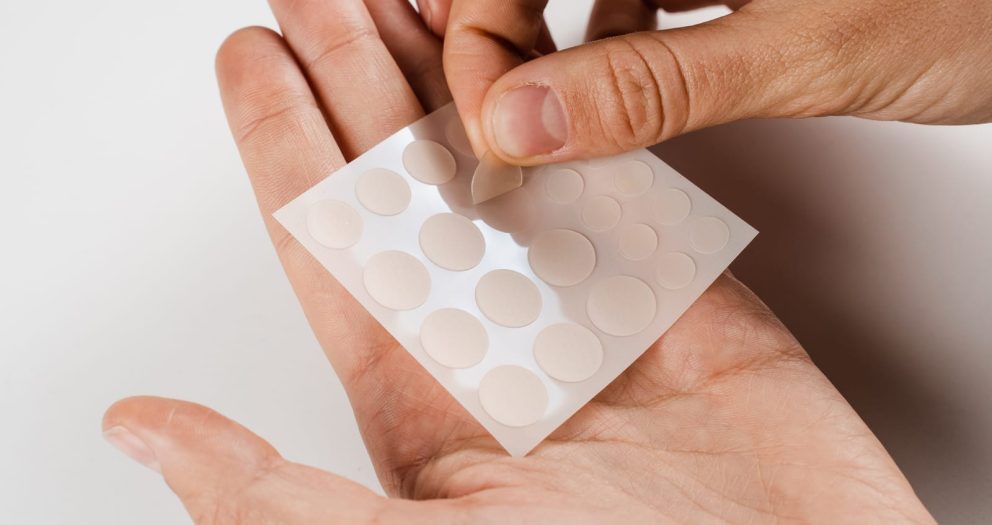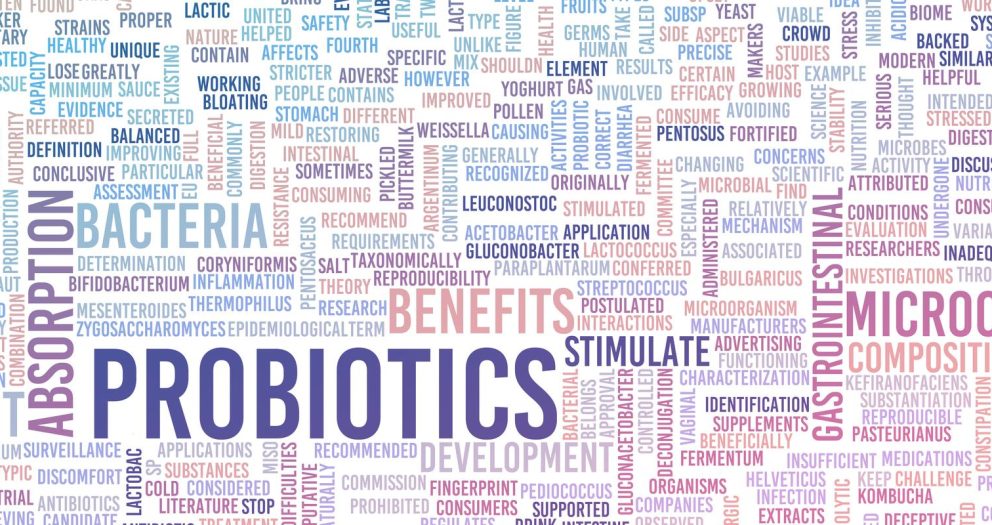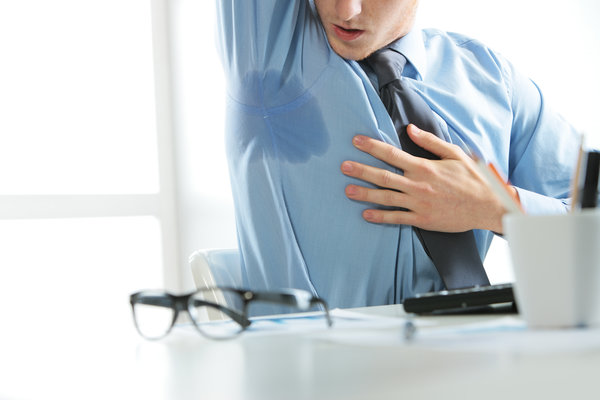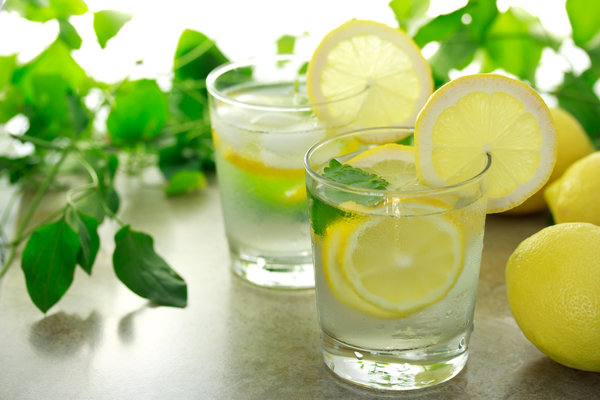Acne is a common skin condition that affects millions of people worldwide. It can be painful, embarrassing, and frustrating to deal with, and many people are constantly looking for ways to manage and reduce their acne. One question that often arises is whether hot or cold showers are better for acne.
While hot water may feel soothing and relaxing, it can actually do more harm than good when it comes to acne. Cold water, on the other hand, can help to reduce inflammation and soothe the skin, making it a more effective way to manage and reduce acne.
In this article, we will explore the science behind this question and provide you with an in-depth answer.
Understanding Acne
Before we dive into the hot vs. cold shower debate, it’s essential to understand what acne is and how it develops. Acne occurs when hair follicles become clogged with oil and dead skin cells, leading to the formation of pimples, blackheads, and whiteheads.
Hormonal changes, genetics, stress, and certain medications can all contribute to the development of acne.
Hot Showers and Acne
Many people believe that hot showers are beneficial for acne because they open up the pores and help to remove excess oil and dirt. However, this is not entirely true. While hot water may feel soothing and relaxing, it can actually do more harm than good when it comes to acne.
Hot water can strip the skin of its natural oils, leading to dryness and irritation. This can cause the skin to produce even more oil to compensate, leading to more breakouts. Additionally, hot water can cause inflammation and redness in existing pimples, making them more painful and noticeable.
Cold Showers and Acne
On the other hand, some people believe that cold showers are better for acne because they help to reduce inflammation and soothe the skin. Cold water can also help to close up pores, which can prevent dirt and oil from clogging them in the first place.
While cold showers may not be as comfortable as hot showers, they can be a more effective way to manage and reduce acne.
Cold water can help to reduce the appearance of redness and inflammation, making pimples less noticeable. Additionally, cold water can help to tighten and tone the skin, which can reduce the appearance of pores and prevent future breakouts.
Ultimately, the best way to manage acne is to develop a consistent skincare routine that works for you. This may include using gentle cleansers, exfoliating regularly, and moisturizing the skin.
If you are struggling with acne, it’s essential to speak with a dermatologist who can help you develop a personalized treatment plan that addresses your specific needs and concerns.
References:
- National Institute of Arthritis and Musculoskeletal and Skin Diseases: https://www.niams.nih.gov/health-topics/acne
- WebMD: https://www.webmd.com/skin-problems-and-treatments/acne/default.htm
- DermNet New Zealand: https://dermnetnz.org/topics/acne-treatment/






